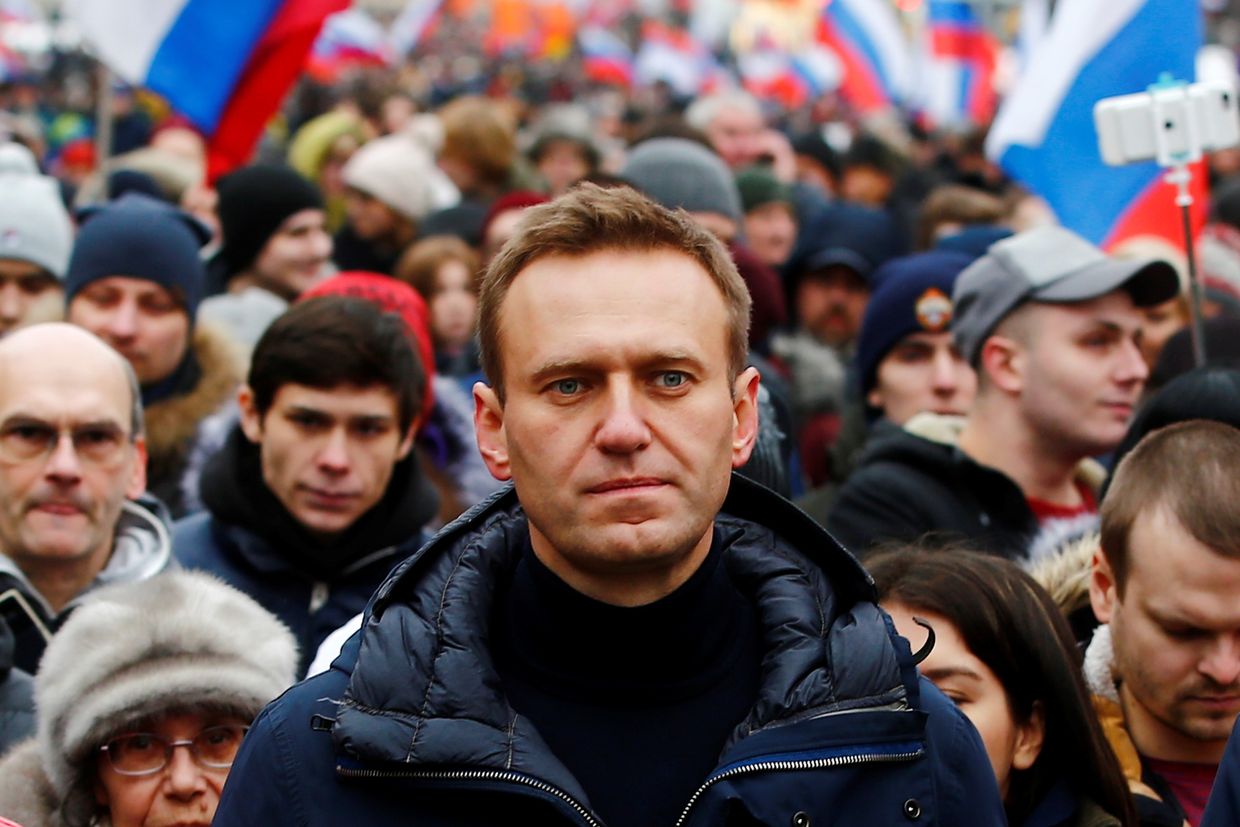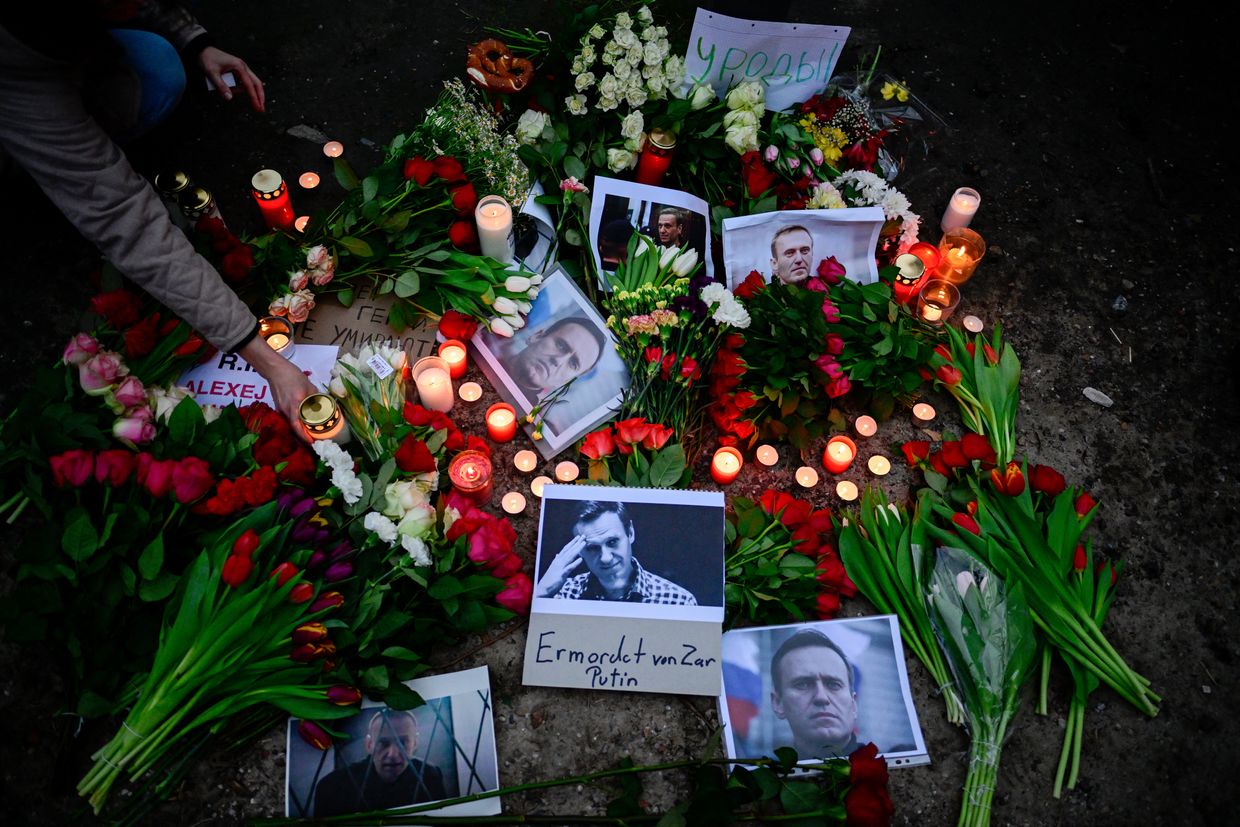Navalny's widow vows to continue his work, blames Putin for his death

Yulia Navalnaya, the widow of the late Russian opposition leader Alexei Navalny, promised to continue his work in a video shared on Navalny's YouTube channel on Feb. 19.
Navalny, Russian dictator Vladimir Putin's main political opponent, died on Feb. 16 in a penal colony in the town of Kharp, Yamal Nenets Autonomous District. He had been convicted in several fabricated criminal cases as part of the Kremlin's crackdown on dissent.
Leaders around the world have blamed Putin for his death. Opinions differ on whether his death was caused by the harsh prison conditions or was an intentional murder.
Navalnaya was unequivocal in her assessment of Navalny's death, saying "Vladimir Putin killed my husband Alexei Navalny."
"It was impossible to break my husband," she said. "This is exactly why Putin killed him in a cowardly way... And in the same mean and cowardly way they're hiding his body. They're refusing to show it to his mother and are lying and waiting for the traces of something similar to Putin's Novichok to disappear."
Navalnaya was referring to Novichok, a nerve agent produced by the Russian government.
"We know why exactly Putin killed Alexei three days ago. We'll tell you about it soon," Navalnaya continued.
She added that those personally responsible for his death would be identified.
"But the main thing we can do - for Alexei and for ourselves - is to continue to fight," Navalnaya emphasized.
The Russian authorities are still refusing to give Navalny's family access to his body.
Navalny's spokesperson Kira Yarmysh said that Navalny's mother had arrived at the morgue in the city of Salekhard, where her son's body is allegedly kept, early on Feb. 19. However, she and her lawyers were not allowed to go in, Yarmysh said.
"The investigators told the lawyers and Alexei's mother that they would not give them the body," she added. "The body will be under some sort of 'chemical examination' for another 14 days."
Yarmysh argued that "Navalny's body is being hidden to conceal the traces of his murder" and that "the chemical examination is just a bunch of lies."
The EU's top diplomat, Josep Borrell, spoke about Navalny's death on Feb. 19 and expressed his condolences to Navalnaya, who was in Brussels to meet with EU foreign ministers.
Borrell said that EU member states would propose sanctions against those behind Navalny's death. While Borrell said that Putin was the one ultimately responsible, the EU's potential sanctions "can go down to the institutional structure of the penitentiary system in Russia."
Borrell did not clarify what concrete actions would be taken.
Earlier in the day, Borrell said he wanted to rename the EU's Global Human Rights Sanctions Regime to the "Navalny Human Rights Sanctions Regime" in order to honor his work.














